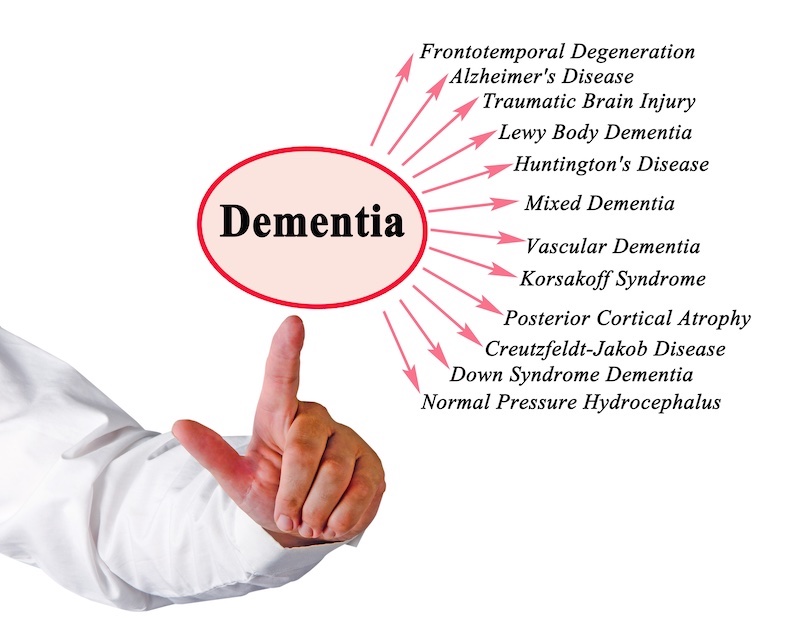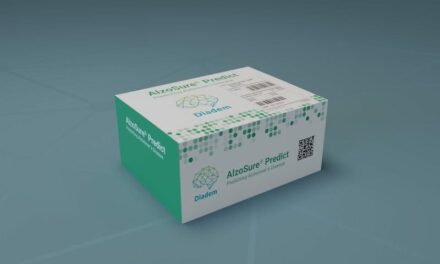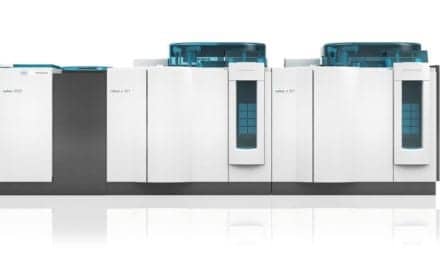Summary: Researchers at Boston University have developed an AI tool capable of dementia diagnoses of ten different types of the disease, including cases with overlapping symptoms, using routinely collected clinical data.
Takeaways:
- The AI tool can accurately diagnose various dementia types using multimodal machine learning trained on extensive global datasets.
- The AI tool significantly improves the diagnostic accuracy of neurologists by more than 26%.
- With dementia cases expected to double by 2045, this tool could help meet the growing demand for accurate diagnoses and targeted treatments.
Ten million new dementia diagnoses are made each year but the presence of different dementia forms and overlapping symptoms can complicate diagnosis and delivery of effective treatments. Now researchers from Boston University have developed an AI tool that can diagnose ten different types of dementia such as vascular dementia, Lewy body dementia, and frontotemporal dementia, even if they co-occur.
Making Accurate Dementia Diagnoses
The researchers created a multimodal machine learning (ML) framework that accurately identifies specific pathologies causing dementia using commonly collected clinical data, such as demographic information, patient- and family-level medical history, medication use, neurological and neuropsychological exam scores and neuroimaging data such as MRI scans.These findings appear online in Nature Medicine.
“Our generative AI tool enables differential dementia diagnosis using routinely collected clinical data, showing its potential as a scalable diagnostic tool for AD and related dementias,” says corresponding author Vijaya B. Kolachalama, PhD, FAHA, associate professor of medicine at Boston University Chobanian & Avedisian School of Medicine. “The ability to generate diagnosis with routine clinical data is becoming increasingly important given the significant challenges in accessing gold-standard testing, not only in remote and economically developing regions and in urban healthcare centers,” adds Kolachalama who also is an associate professor of computer science, affiliate faculty of Hariri Institute for Computing, and a founding member of the Faculty of Computing & Data Sciences at Boston University.
Dementia Diagnoses Study Uses Machine Learning Framework
In the study, the multimodal ML framework was trained on data from more than 50,000 individuals from nine different global datasets. The model achieved an area under the receiver operating characteristic (ROC) curve of 0.96 in differentiating the dementia types. The ROC score can range from 0 to 1. A score of 0.5 indicates random guessing, and a score of 1 indicates perfect performance.
The team also compared the performance of neurologists and neuro-radiologists working alone versus with the AI tool, and found that AI can boost the accuracy of neurologists by more than 26% across all 10 dementia types. Using 100 randomly selected cases, 12 neurologists were asked to make dementia diagnoses and provide a confidence score between 0 to 100. This confidence score was then averaged with the probability score obtained by the AI tool to obtain an AI-augmented neurologist score.
“There aren’t enough neurology experts around the world, and the number of patients needing their help is growing quickly. This mismatch is putting a big strain on the healthcare system. We believe AI can help by identifying these disorders early and assisting doctors in managing their patients more effectively, preventing the diseases from getting worse,” says Kolachalama.
Cases Set to Double by 2045
With dementia diagnoses set to double in the next 20 years, the researchers hope that this AI tool can provide accurate differential diagnosis and support the increased demand in targeted therapeutic interventions for dementia.





